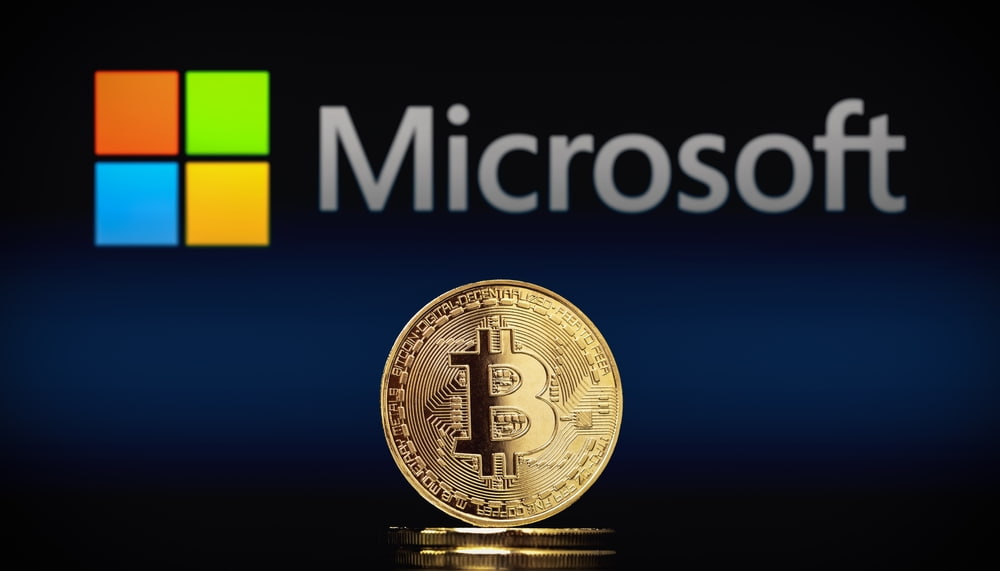In recent years, the cryptocurrency arena has been a whirlwind of innovations and strategic moves by major corporations. Companies are testing the waters with Bitcoin as a strategic reserve asset to hedge against economic instability and to potentially enhance their financial growth. This piece delves into the intriguing developments surrounding Bitcoin’s integration into corporate treasuries, the growth trajectory of Bitcoin, and the cautious stance of some major players in this financial revolution.
Corporate Strategies and Bitcoin: A Deep Dive into Market Dynamics
The adoption of Bitcoin as part of corporate treasury strategies has become a significant focus for investors and companies alike. On December 10, 2024, Microsoft’s shareholders decided against incorporating Bitcoin into their treasury plans, illustrating the mixed sentiments surrounding this digital asset. At that time, Bitcoin was valued at $97,444, bolstered by post-election optimism. By June 3, 2025, its price soared to $105,289, highlighting its volatile yet promising growth potential.
The Financial Impact of Bitcoin’s Price Surge
For investors eyeing Bitcoin, the rise from $97,444 to $105,289 provided an 8.03% return. A $1,000 investment during Microsoft’s decision against Bitcoin would now be valued at approximately $1,080.26. Although modest, this growth underscores the digital currency’s resilience, having achieved record highs above $111,000 in that period.
Expanding Corporate Bitcoin Adoption
More companies are considering Bitcoin as a key part of their financial strategy. A notable example is Strategy (NASDAQ: MSTR), which has continually increased its Bitcoin holdings guided by Michael Saylor, its Executive Chairman. Saylor is a staunch advocate of Bitcoin, viewing it as a safeguard against currency devaluation and a catalyst for future growth.
GameStop (NYSE: GME) followed suit, announcing on May 28, 2025, its acquisition of 4,710 BTC, a transaction valued at over $506 million. This move reflects GameStop’s strategy to revitalize its treasury amidst ongoing challenges in the retail sector, seeing Bitcoin’s capped supply as an advantageous hedge against the frailties of fiat currency.
Bitcoin’s Broader Market Perception
Despite the increasing adoption of Bitcoin among firms, giants like Microsoft and Meta remain cautious. On May 30, Meta shareholders also opted against allocating part of their vast $72 billion in cash and bonds to Bitcoin. Concerns over Bitcoin’s volatility and the murky regulatory environment remain barriers for these tech titans, even as Bitcoin’s mainstream acceptance grows with the arrival of crypto-friendly policies and spot exchange-traded funds.
Why are some companies hesitant to adopt Bitcoin?
Major corporations like Microsoft and Meta express reservations due to Bitcoin’s price volatility and the uncertain regulatory landscape. Their decision reflects a cautious approach to integrating cryptocurrency amidst evolving global financial regulations.
Is Bitcoin a reliable hedge against inflation?
Bitcoin is increasingly seen as a hedge against inflation due to its finite supply and decentralized nature. However, its reliability varies with market sentiment and regulatory developments, necessitating a comprehensive risk assessment for investors.
What factors influence Bitcoin’s price volatility?
Bitcoin’s price is influenced by market demand, geopolitical events, regulatory changes, and technological advancements. Its volatility can be attributed to limited market depth, speculative trading, and evolving regulatory frameworks.
As the discussions around Bitcoin’s role in corporate strategies evolve, this comprehensive guide sheds light on the underlying factors driving these decisions, equipping stakeholders with the necessary insights to navigate the ever-changing crypto landscape effectively.

